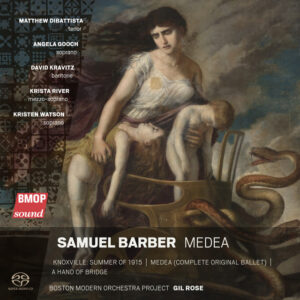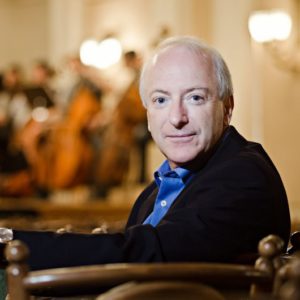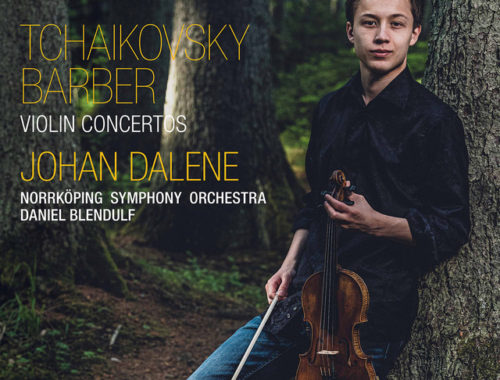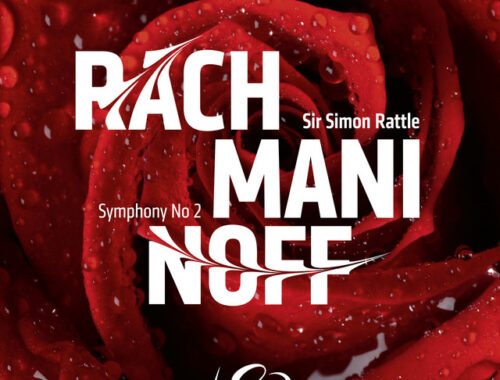GRAMOPHONE Review: Barber A Hand of Bridge, Knoxville: Summer of 1915, Medea – Soloists, Boston Modern Orchestra Project/Rose
 A monodrama, a ballet and a mini-opera. Three faces of Samuel Barber ‘in camera’. One might expect a unique offering from a source committed to that cause – namely the Boston Modern Orchestra Project – but I wish I could be more enthusiastic about the outcome.
A monodrama, a ballet and a mini-opera. Three faces of Samuel Barber ‘in camera’. One might expect a unique offering from a source committed to that cause – namely the Boston Modern Orchestra Project – but I wish I could be more enthusiastic about the outcome.
The real novelty here, so rarely aired, is the original version – for 13 players (winds, piano and five strings) – of Barber’s ballet for Martha Graham Medea (1947) best known now for its Meditation and Dance of Vengeance pumped up in the kind of high-octane orchestration one associates with Barber’s big lyric effusions. Master of the long-breathed melody, we tend to think of the streamlined Barber of Vanessa, the Violin and Piano Concertos, and of course Knoxville which I will come to.
But the score for the jealously and vengeance soaked Medea is all nervy, pent-up energy and sinewy capriciousness, driven no doubt by Graham’s very particular brand of physicality – at once free-flowing and angular. The piano lends percussiveness to the scoring (I’ve always loved that funky vamp into the ‘Dance of Vengeance’), the horn and strings beef up the ‘leitmotif of desire’ which on each return smells more and more of the illicit. Telling distinction is drawn between the three portraits at its heart, the fateful threesome – Medea, Princess, and Jason. But I think any performance of it must be mindful of just how much emotion is ‘contained’ within its compact and abstracted form. There’s an intensity missing here that the proficiency of the playing only underlines. It feels ‘academic’ – like a short-score exercise for a larger piece.
The shortest of operas – A Hand of Bridge – works out at about a minute’s music for each of its eight characters. And the conceit for Barber and Menotti is that not one of them has their mind on the game in hand. It’s a morsel of camp at best, the score founded upon a rather desultory attempt at salon jazz and only partially rescued by Barber’s musical way with words.
But we are light years removed from the masterpiece that is Knoxville: Summer of 1915 – and this, alas, is where the disc is most found wanting. Kristen Watson is possessor of a soubrette sounding voice with a not unappealing flutter in the tone. But it’s a whiteish sound suggestive of childhood but not the mature woman whose recollections make the piece so moving. It’s a little like the final movement of Mahler’s Fourth Symphony – a child’s view of heaven through adult eyes. Watson makes so little of Agee’s text both in terms of word colour (compare Leontyne Price in the line ‘Strawberry, pasteboard, and starched milk’ and Dawn Upshaw in the Streetcar passage) and emotional import. The existential climax of the piece can be quite overwhelming in the hands of a Price or an Upshaw. That’s where I must direct you.
You May Also Like

A Conversation With RICHARD BLACKFORD
02/09/2011
GRAMOPHONE Review: Barber / Tchaikovsky Violin Concertos – Johan Dalene, Norrköping Symphony Orchestra/Blendulf
26/02/2020

